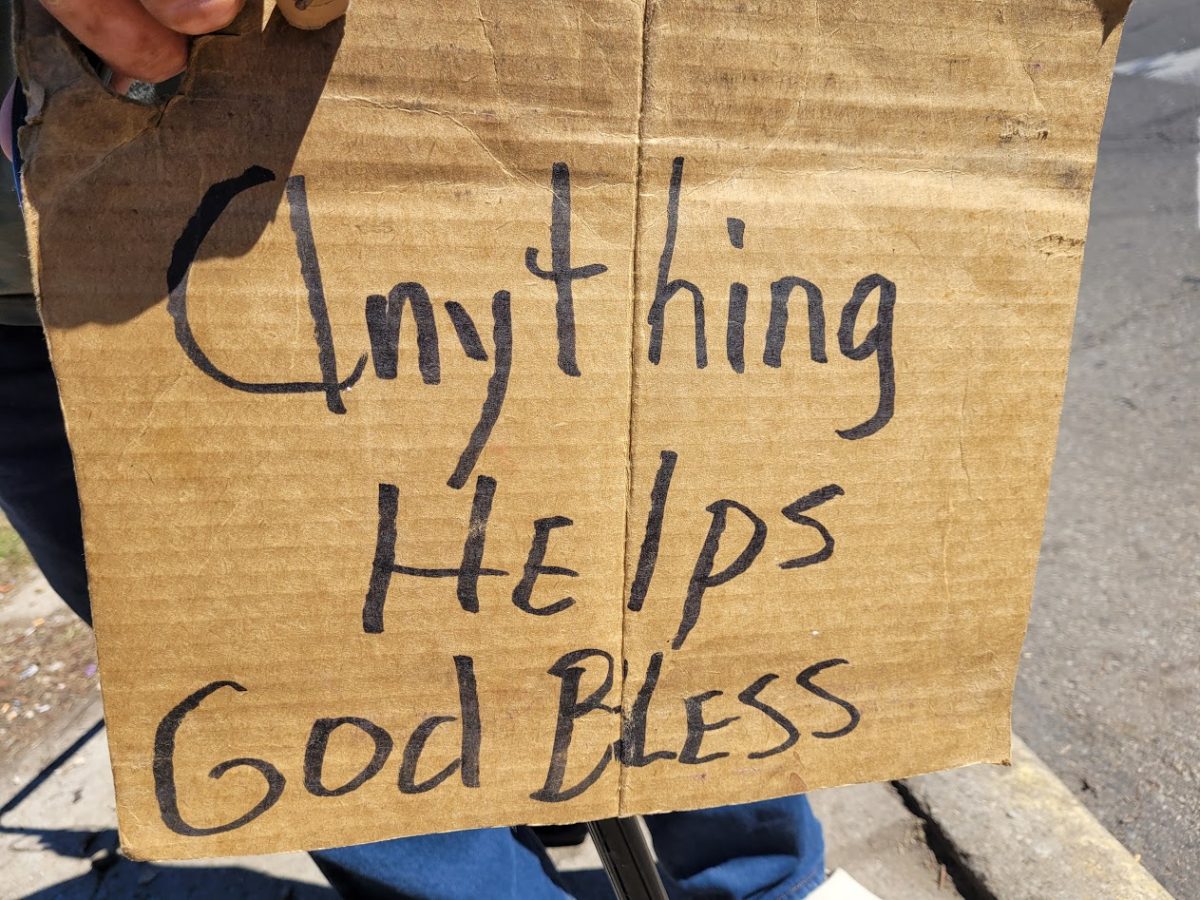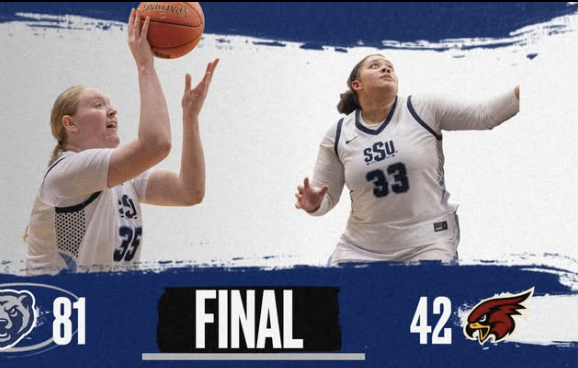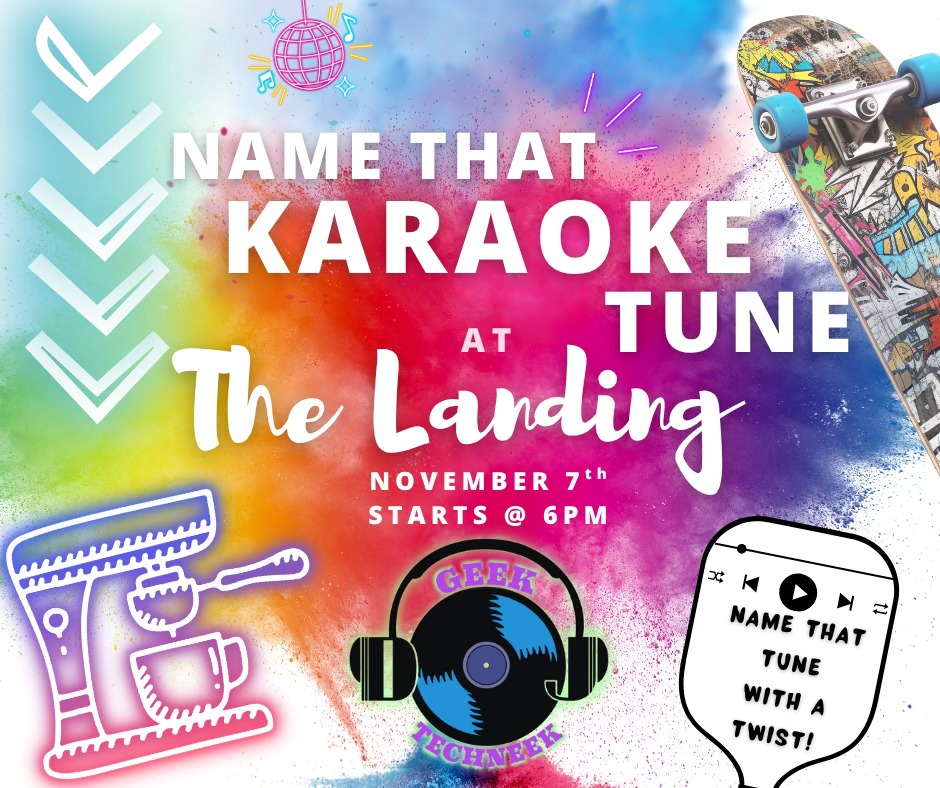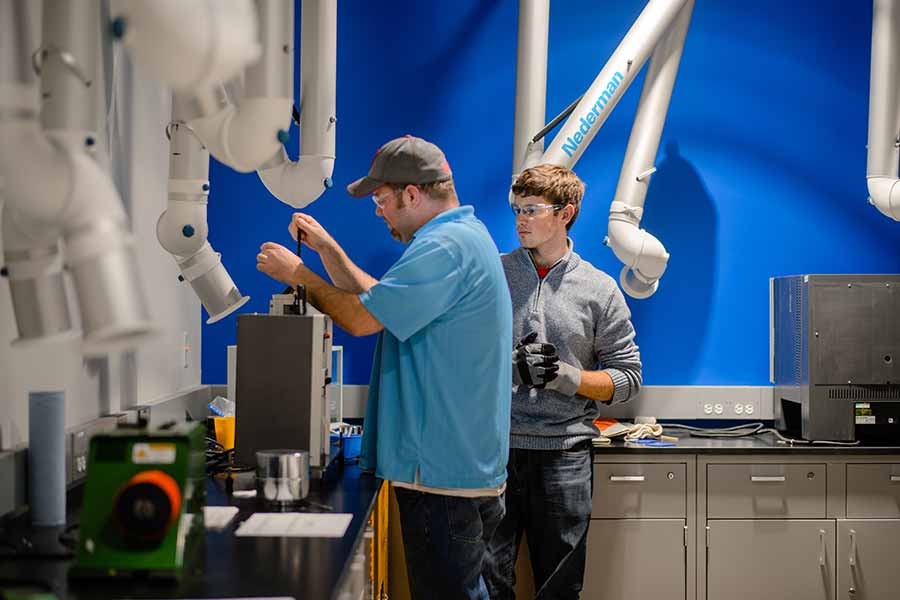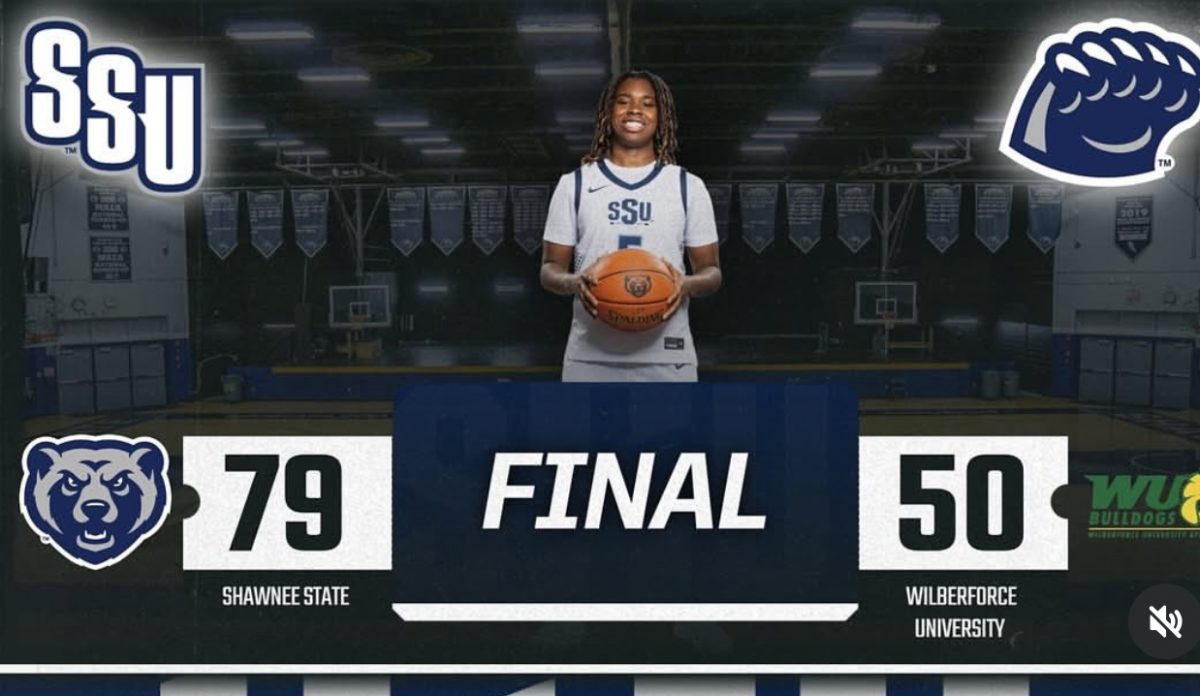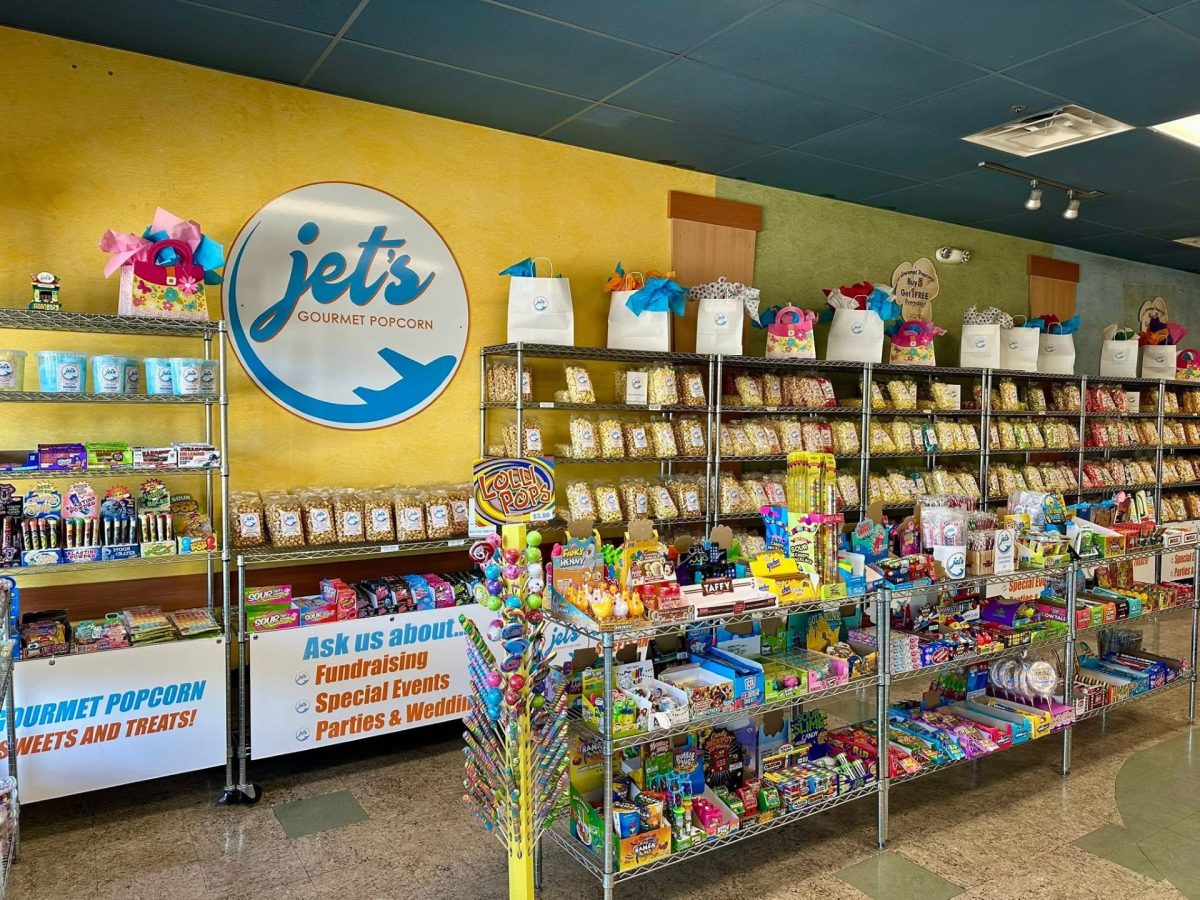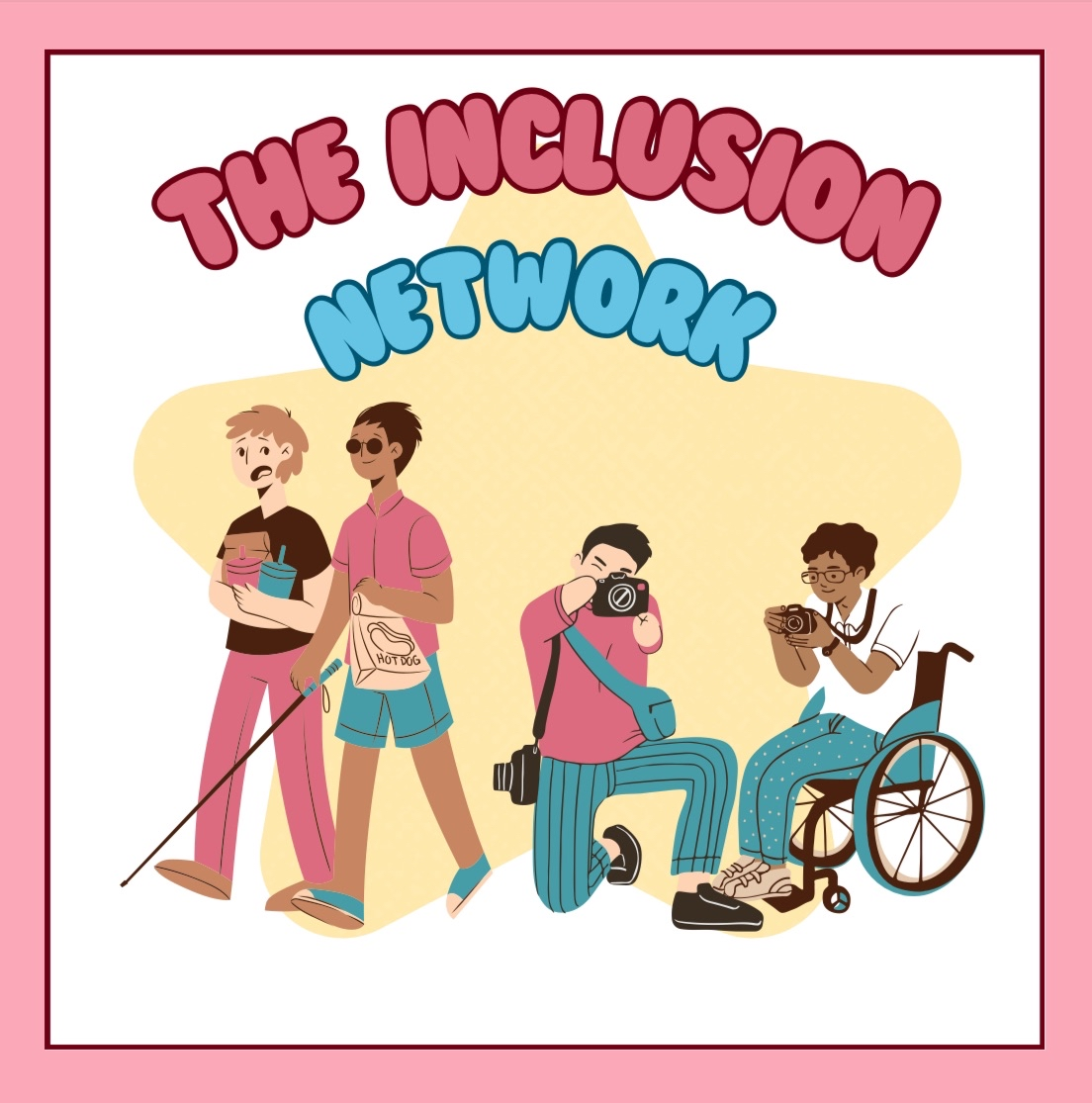According to the 2024 Annual Point-in Time Count conducted by the Portsmouth Metropolitan Housing Authority (PMHA) and the Portsmouth Homeless Shelter (PHS), approximately one in every 130 of Portsmouth’s residents are struggling to find shelter. That means, in a city that houses roughly 18,000 people, we should expect 138 of them to be without a home.
It doesn’t take long to find a person, or several, holding up a sign asking for assistance. Sometimes they post up in regular spots where you might find them every day, such as one man who sits near Burger King with a sign that reads ‘Anything Helps, God Bless.’
He was kind enough to speak to me about his story and how he wound up on the streets of Portsmouth but requested that I not print his name.
“I had an apartment and a truck and a Harley and a home, all that shit,” he said. “Took me about five or six years to get it, but I got it.”
He said he was pulled over for driving without a license and no insurance, and in the course of dealing with the fallout from that, he lost his home and everything in it, including the ashes of his deceased son.
“Now, it’s costing me $325 a week to stay in that motel ’cause I have no place to go,” he said, then pointed up the road toward Kendall Avenue where the Royal Inn Motel is located.
At the rate he’s paying, that’s $1,300 per month in an area where the cost of rent averages around $625. It’s fairly evident why a person in his position would have a difficult time saving up for any sort of long-term shelter. He has nowhere to go except for the motel, and he can’t save money while he’s staying there because the cost is so high. It’s a vicious cycle, one that’s nigh impossible to escape.
As we spoke, he paused to wave and gave a friendly shout to a passerby in a car that he recognized.
“Hell, everybody knows me,” he said. “I’ve sit out here for months, but I have to. If I don’t, I can’t buy my cigarettes, I can’t buy my food, I can’t pay for the hotel. It takes me coming out here every day to make that. Some days I don’t make 20 bucks.”
People give him fast food or nonperishable items, and he said that helps “a lot.” He said he has “a hamburger here and there.” He has chips at the motel somebody gave him and candy nearby that was donated, as well.
Thinking on that, he said, “I don’t eat very good, at all. What I’d like to have is a home-cooked meal.” To him, that rare commodity we tend to take for granted looks like steak, mashed potatoes and gravy and green beans. Although he doesn’t experience fresh food often, he’s grateful for everything people are willing to give him and said, “Anything helps.”
Somebody once donated 36 packets of dog food for his companion, Sissy, but she won’t eat it. As it turns out, she’s a civilized specimen of the canine variety — the kind that only wants what you’ve got on your plate. As we spoke, she took few opportunities for rest, instead running out the length of her leash in attempt to chase away every passing vehicle. Every now and then, she had to be detangled from a nearby shrub.
All the while, the sun was beating down upon us. Although the temperature was mild, I could feel the heat of it on my skin and couldn’t help but think about this man spending day after day under its scorching rays. His bronze skin spoke of such exposure. He wore sunglasses and a hat, his only reprieve from the glare of the midday sun.
“I’m just trying to survive,” he said.
He continued to say there was no help provided by any sort of officials following the loss of nearly everything in his possession. As we watched the cars pass us by, he commented, “They don’t realize how fast they can be out here. Some of ’em do, some of ’em don’t. I’ve met some good people here.”
In contrast, he said, “I mean, there’s assholes, you know. They’ll come down through here and holler, “Get a job!” They don’t realize I’ve had six surgeries on my back.” He paused to show me a particularly bothersome spot on his back, then continued, “I’ve got steel rods, screws, pins, wires, everything in my back holding me together.”
More than anything else, he needs “a home.”
“That’s what I need the most,” he said. “I want a home, but paying $325 a week, I can’t save nothin’.”
Even if there were cheaper hotels in the area, they’re not close enough to his self-assigned spot on Gallia Street.
“I have to stay in that motel ’cause I can’t walk very far. It sucks, guys.”
When asked whether or not he’s considered the homeless shelters in the region, he emphatically shook his head and said, “Fuck no.” His primary reason? Sissy, of course. He nodded toward her and said, “Can’t have her, and she’s really all I got from my apartment.” He’s had her since she was a puppy and mentioned she’ll be 3 on Nov. 13. His care for her was evident, and as the only piece left from times gone past, it’s easy to understand why he’d want to keep her close.
Right now, he needs money the most to foot the bill for his hotel room. At the time of our conversation, he said he had about $70 pocketed for that fund.
Another citizen of Portsmouth, Matthew Eichenlaub, shared his experiences after losing his apartment in Huntington, West Virginia.
“Minimum wage at the time was $7.25, so I couldn’t afford to pick up rent anywhere else,” he said, and so he did what he had to do: sleep in his van and shower at truck stops. It’s worth noting that this occurred during the winter months. The cold was so fierce, he had no choice but to use some of his funds to invest in a sleeping bag in order to make the temperature in his van a livable one.
Thankfully, he was able to get back on his feet once a room opened up in a boarding house he could afford, but Eichenlaub’s story brings us full circle to the vicious cycle that has such a hold on Portsmouth’s homeless population.
Losing your home isn’t something the average person might find themselves concerned about, but some of our neighbors are living that terrifying reality every day. Sometimes, we drive right by them without giving them a second thought. Their stories are full of depth and deserving of more compassion than society gives them.
The next time you drive by someone on the street corner with a sign, I implore you to read it. If you have nothing to give, at least afford them a smile. As one man so wisely said, “Anything helps.”
